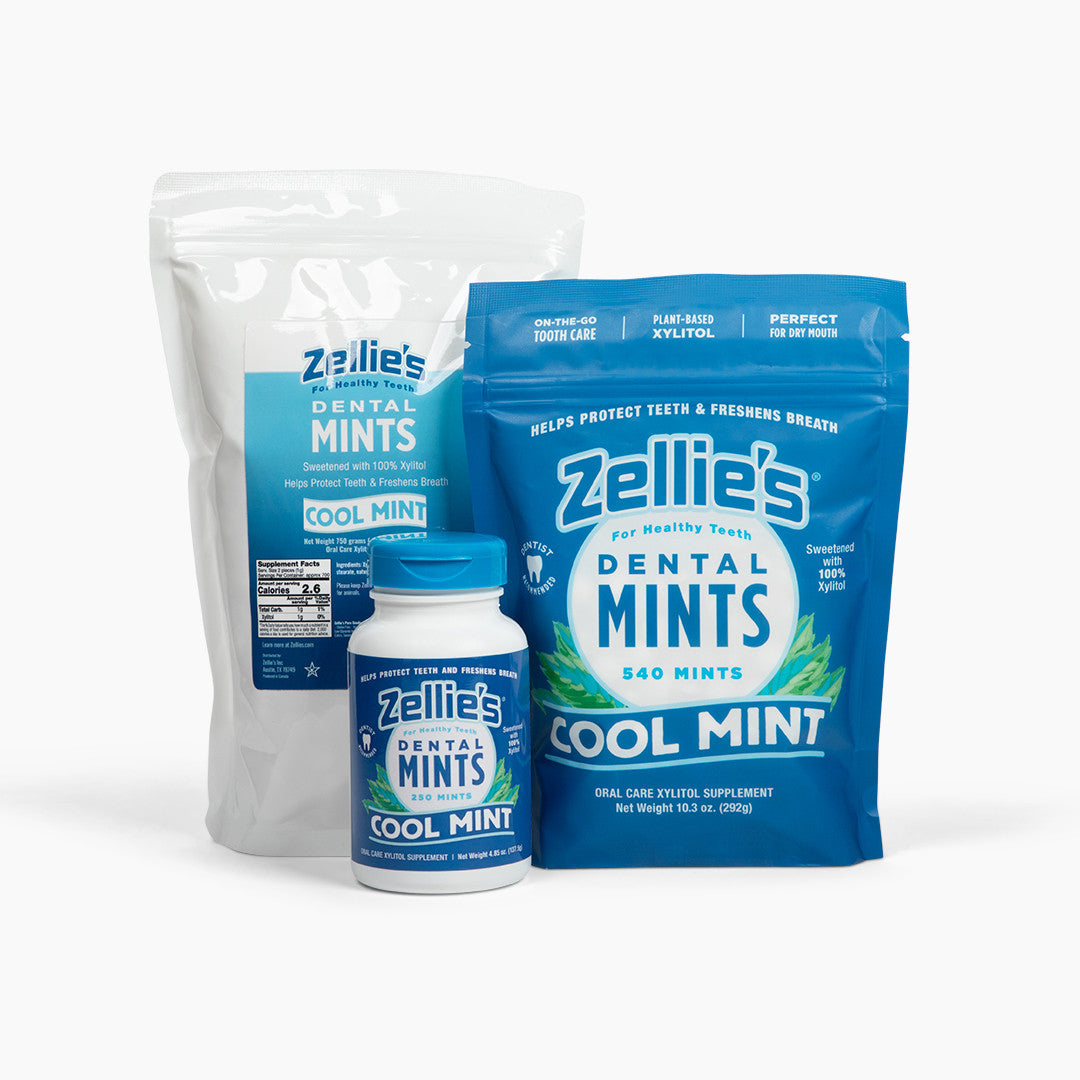Nutrition impacts the quality of our saliva and the quality of our saliva will impact our oral health.
You were told since childhood that sweets are bad for teeth, but today we know carbonated water and fruit juices can be worse than dessert and ice cream for oral health.
Carbohydrates and sugar feed acid-producing bacteria in the mouth and it is this acidity that wrecks our oral health. Many non-sugary foods and drinks can also create acidic conditions and damage teeth to cause sensitivity, tooth darkening, enamel wear, fractures, grooves at the gum line, gum recession, infection and lost fillings.
Saliva pH
Our mouths are bathed in saliva, a liquid that is perfectly equipped to balance and restore any minerals that acidity leached from our teeth.
After meals it can take an hour for healthy saliva to wash over teeth and replenish lost minerals. This process is called re-mineralization and when it occurs correctly it can be a healthy process that allows teeth to stay young, strong and healthy.
The caveat is that this rebuilding must occur immediately after damage and that the amount of repair must equal or exceed the amount of damage. Problems will occur when there is more damage than repair for some reason.
Neutralize Saliva
Healthy saliva is a naturally balanced liquid super-saturated with calcium and phosphates that have the capacity to repair and replenish any minerals that were lost from teeth.
Nothing manufactured comes close to the ability of healthy natural saliva to deliver minerals to teeth in this process called re-mineralization. Only when the amount of damage is greater than the ability of saliva to repair this damage does our dental health deteriorate.
The Natural Power of Xylitol
Xylitol has a special benefit for teeth. Xylitol is “hygroscopic” - which means it attracts water. When you eat a piece of pure xylitol gum or mints – it will pull water to itself and this will encourage a flow of saliva from small saliva glands in the roof of your mouth. These palatal glands are normally producers of mineral-rich, alkaline saliva at a pH of around 7.4
This flow of saliva pulled into the mouth by xylitol can be useful to adjust mouth pH from acidic conditions at the end of meals, after drinks or after a snack. The generated natural saliva will help balance the mouth’s acidity and deliver minerals to teeth in the process that can replenish and repair areas that lost minerals during an acidic attack.
Things To Consider
The Duration of Acidic Assault is Too Long. Every sip of an acidic drink, or any morsel of carbohydrate or sugary food instantly creates acidic mouth conditions. The amount of liquid or food is not important – because any amount will create a pH drop and damage teeth. If constant snacking or sipping is prolonged, saliva may not be able to return the mouth to a safe pH between the snacks and sips. Then the length of this acidic challenge will be measured from the initial snack to the last one – which may be many hours of damage.
When Saliva Has Been Compromised. This can occur if we fail to support saliva production through lack of sleep, too much stress, hormonal imbalance or poor digestive health. To improve saliva quality:
When Saliva is Diluted by Constant Sipping Habits. If possible, stop sipping drinks throughout the day; instead, drink adequate amounts of liquid at meal times. If this is impossible – at least stop sipping for an hour or two after lunch.
When Non-Water Drinks Strip Teeth of a Protective Protein Layer and Cause Excessive Damage. Even “body-healthy” liquids – like lemon water and cider vinegar – can adversely affect mouth health. Try to stop sipping between meals and be aware that the following drinks can cause extreme damage if sipped over a long duration:






